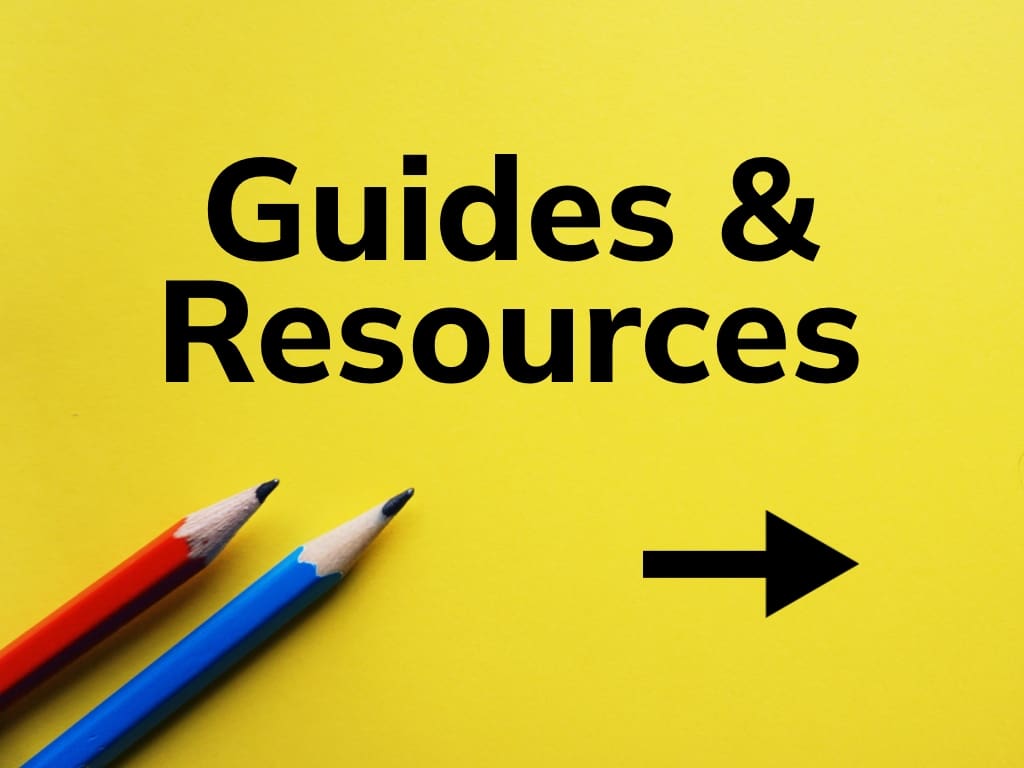
Your Guide to Choosing the Right School
Choosing the right private school is a significant decision for parents, one that can shape their child’s academic development and personal growth. As families explore various private school options, they must gather as much information as possible to ensure their choice aligns with their educational values and expectations. School tours offer a unique opportunity for parents to observe the school environment first-hand, engage with faculty, and ask pivotal questions that can reveal a school’s strengths and areas for improvement.
During these tours, it’s important for parents to go beyond the surface and ask targeted questions that will help them understand the school’s academic programs, extracurricular opportunities, and community culture. This curiosity allows families to gain a comprehensive picture of the institution, what it stands for, and how it could support their child’s journey. Some questions are essential in uncovering details that may not be immediately noticeable but are crucial to making an informed decision.
Parents should approach these tours prepared with specific, thoughtful questions that prompt transparent answers from the school’s representatives. Whether inquiring about the school’s approach to individualized learning, the student-teacher ratio, or the way the institution integrates technology in the classroom, parents ensure that they leave with a deep understanding of how the school operates. This diligence helps in charting a path that is well-suited for their child’s success and well-being.
Educational Philosophy and Curriculum
When visiting a private school, a parent should inquire about the institution’s educational philosophy and curriculum, as it shapes students’ learning experience.
Teaching Approaches and Methods
Each private school adheres to specific teaching approaches. Parents should ask if the school utilizes traditional or progressive educational methods. For instance:
- Traditional: Often emphasizes direct instruction and memorization.
- Progressive: May favor project-based and collaborative learning.
Determining which methods are used for core subjects like math, science, and literature can provide insights into how adaptable the learning environment is for different students.
Standardized Test Preparation and College Readiness
It’s important to understand how a school prepares its students for standardized tests and higher education. Key points include:
- Test Preparation: Look for a clear strategy on how the school prepares students for exams like the SAT or ACT.
- College Readiness: Ask about college counseling resources and the school’s success rate in getting students into top colleges.
Extracurricular Activities and Electives
Extracurricular activities and electives can significantly enhance a student’s school experience. Parents should find out:
- Variety of Electives: What electives does the school offer? This could range from the arts to advanced STEM courses.
- Clubs and Societies: Are there clubs and societies that align with the student’s interests? This could include debate teams, robotics clubs, or arts programs.
Faculty Qualifications and Teacher-Student Engagement
When touring a private school, understanding who is teaching your child and how they engage with students is crucial. It speaks volumes about the quality of education and the personalized attention your child will receive.
Instructor Credentials and Experience
- Qualifications: Inquire about the faculty’s educational backgrounds. A school with a high percentage of teachers holding advanced degrees can be a strong indicator of academic rigor.
- Professional Development: Ask how the school supports ongoing teacher education. Continuous professional development ensures that educators remain at the forefront of teaching practices.
- Experience: Look at the years of teaching experience each educator has, especially within their current subject or grade level. Experienced teachers are often better equipped to provide a stable learning environment.
Class Sizes and Individual Attention
- Student-to-Teacher Ratios: Small class sizes typically result in more individualized attention. Check the average classroom ratio, aiming for lower numbers.
- Engagement Practices: Learn about how teachers engage with students one-on-one. Examples include personalized learning plans or regular progress meetings.
- Support Structures: Teachers should have the means to offer additional support, whether through teaching assistants, tutoring programs, or accessible office hours.
Facilities and Resources
When touring a private school, one must assess whether the facilities and resources can support their child’s learning and development effectively.
Technology Integration in Classrooms
Private schools often boast cutting-edge technological resources. Prospective parents should inquire about the types of devices available for student use; these can range from tablets to interactive whiteboards. Additionally, the presence of sufficient software support for various disciplines indicates a commitment to a modern educational environment.
Library and Research Facilities
The heart of academic support often lies within the library and research facilities. Parents should look for a library that provides a robust collection of print and digital materials. Effective research facilities are typically equipped with up-to-date computers and access to academic databases, which cater to the students’ project and research needs.
Sports and Arts Amenities
A well-rounded education includes physical and creative development. The availability and condition of sports facilities, such as gymnasiums, fields, and pools, are crucial for athletic programs. Arts amenities, including performance theaters and art studios, should have the necessary equipment and space to foster creative growth.
School Culture and Community
Evaluating the school’s culture and community provides insight into the environment your child will be experiencing. Key areas such as diversity, inclusion, and parental involvement should align with your family’s values.
Diversity and Inclusivity Initiatives
Most schools will assert their commitment to diversity and inclusivity, but parents should seek tangible evidence of these initiatives. They might inquire about:
- Representation: Is there a diverse teaching staff and student body? Look for statistics or percentages that reflect the school’s composition.
- Curriculum: How is diversity integrated into the curriculum? Are there programs or courses that celebrate various cultures and promote inclusivity?
- Support Systems: Are there clubs, support groups, or resources specifically for underrepresented students? These can include affinity groups or mentorship programs.
Communication Channels and Parental Involvement
The level of communication between a school and its families, as well as opportunities for parental involvement, are indicative of the school’s approach to community building. Parents should consider:
- Communication Tools: What platforms does the school use for communication? They might use newsletters, emails, or parent portals.
- Parental Roles: What roles can parents play in the school community? Look for opportunities such as parent-teacher associations, volunteer events, or committees.
- Feedback Mechanisms: How does the school gather and respond to parent feedback? Effective schools often conduct surveys or hold forums to engage with parents’ perspectives.
Admissions, Tuition, and Financial Aid
When visiting a private school, parents should thoroughly understand the school’s admissions process, associated costs, and financial support options available.
Application Process and Timeline
The application process for private schools often starts with a visit or an information session, followed by submitting the application forms. Deadlines are crucial; they typically fall between late fall and early winter for the following school year. Parents should ask about required documentation, such as transcripts and recommendations, and any entrance exams that students must take. Understanding the timeline helps parents ensure they don’t miss critical dates.
- Visitation/Information Session
- Application Submission: Late Fall – Early Winter
- Documentation: Transcripts, Recommendations
- Entrance Exams: Specific dates and types
Scholarship Opportunities and Tuition Assistance
Private schools can offer a range of financial aid options to help offset tuition costs. Parents should inquire about scholarship opportunities that may be available, including merit-based and need-based scholarships. It’s also important to ask about the process and deadlines for applying for tuition assistance. Many schools have specific forms and financial disclosures that need to be submitted.
- Merit-Based Scholarships: Criteria and application process
- Need-Based Scholarships: Criteria and required financial disclosures
- Financial Aid Forms: Deadlines and submission process



